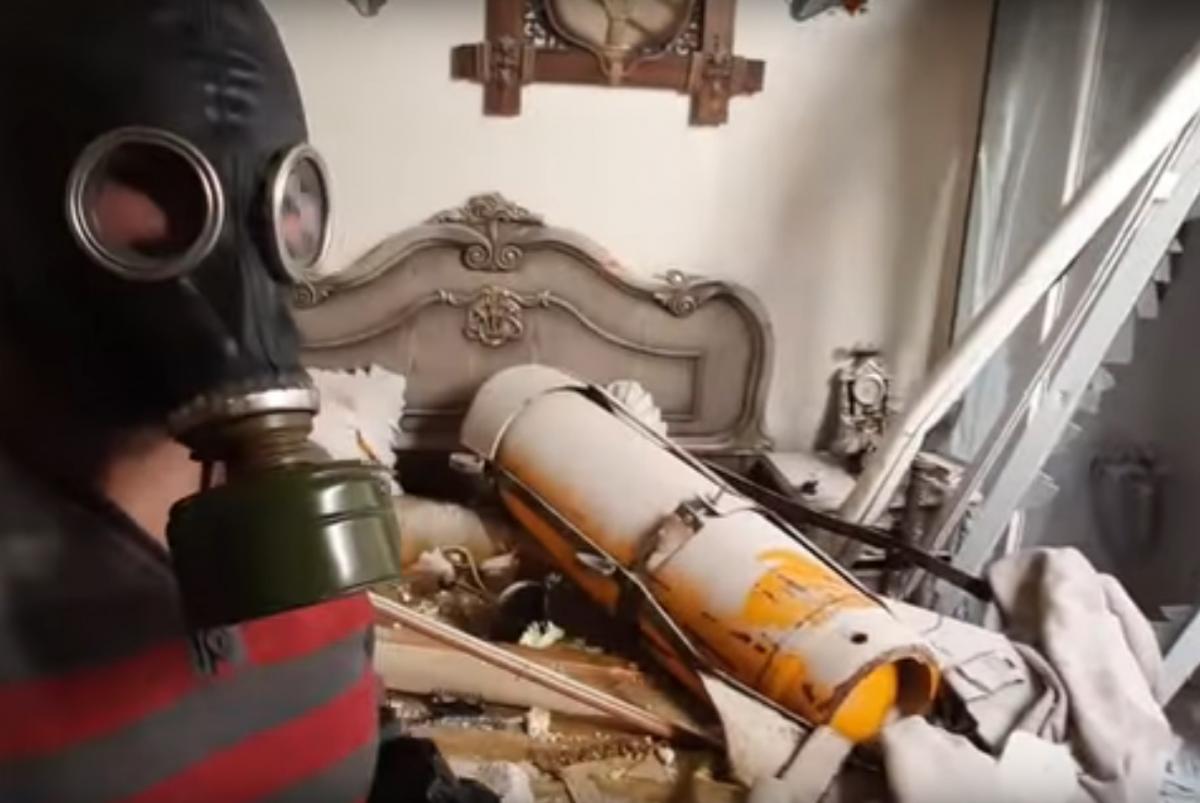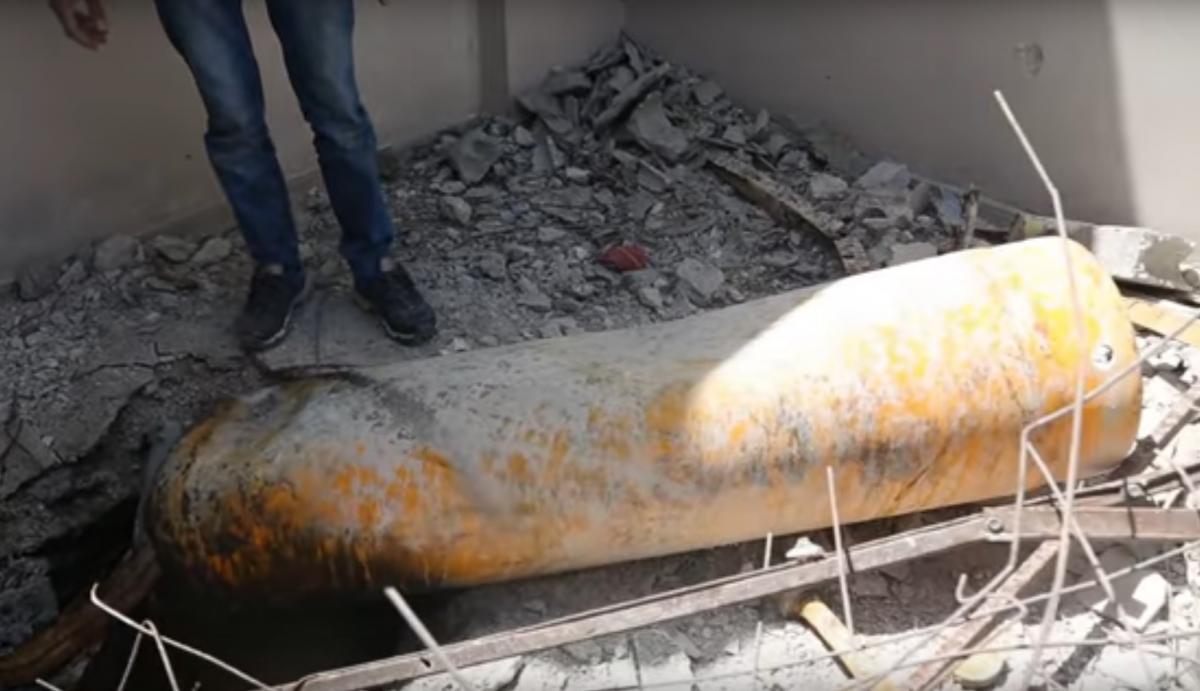
Two gas cylinders that formed crucial evidence in connection with a suspected chemical attack in Syria have been destroyed by an Israeli airstrike, according to the Syrian authorities.
The cylinders were at the centre of an investigation by the OPCW’s Fact-Finding Mission (FFM) regarding events in Douma in 2018. Inspectors were able to examine the cylinders but the Syrian authorities did not allow them to be taken out of the country for forensic examination.
As a result of that stand-off the cylinders had been placed in sealed containers and the Syrians were told not to tamper with them or move them without written consent from the OPCW.
In a communiqué to the OPCW, Syria says the cylinders were destroyed in a "flagrant" Israeli missile attack on a military site known as al-Nasiriyah1 at 23:40 on 8 June. The following day, several news reports (here, here and here) quoted Syrian government media as a saying Israel had carried out a series of airstrikes shortly before midnight on 8 June but did not mention the exact locations.
Even if al-Nasiriyah1 was among the targets, the cylinders should not have been hit because according to the arrangements with the OPCW they were supposed to be stored at a different site 60km away. The OPCW is now seeking an explanation from Syria.
In a report in 2019, the FFM found “reasonable grounds” for believing a toxic chemical had been used as a weapon in Douma, that the chemical in question contained reactive chlorine and it was “possible” that the cylinders were the source of the chlorine.
Although the FFM’s work on Douma is over, the OPCW’s Investigation and Identification Team (IIT) is carrying out further work with a view to identifying those reponsible. The IIT had been seeking to transport the cylinders to OPCW headquarters in the Hague but the Syrians once again refused to let them leave the country.
There was a previous incident in 2019 when inspectors noticed that remains of destroyed chemical munitions and production equipment which Syria had agreed to retain for further investigation had disappeared. A military official later told the inspectors he had sent them to a local smelting company where they were melted down.
Aside from the issue of the cylinders, the Nasiriyah1 site was of particular interest to the OPCW because it housed a former chemical weapons production facility. Syria had previously declared the facility to OPCW inspectors but claimed it had never been used. The OPCW has since discovered evidence that casts doubt on the claim.


 RSS Feed
RSS Feed
